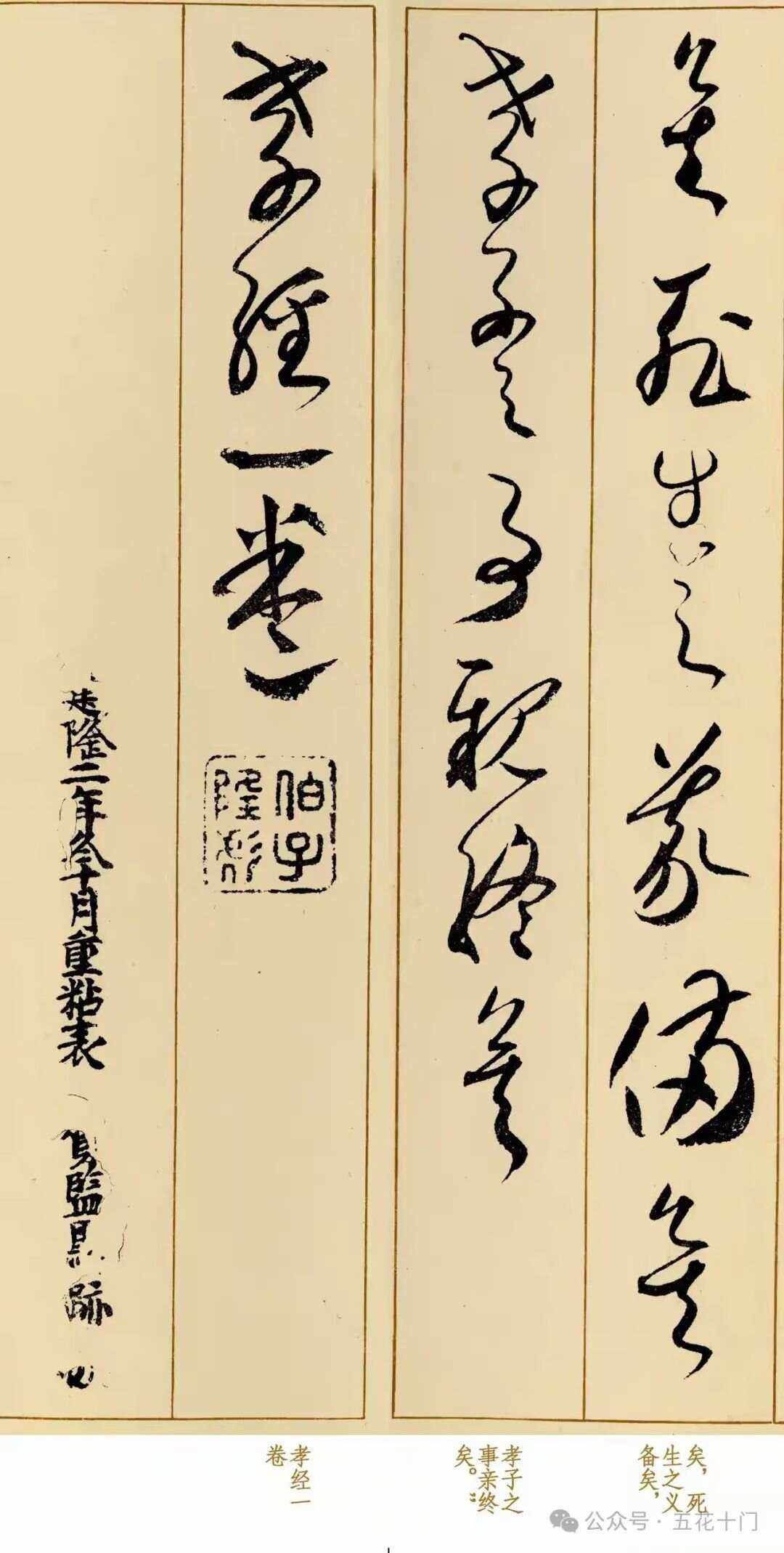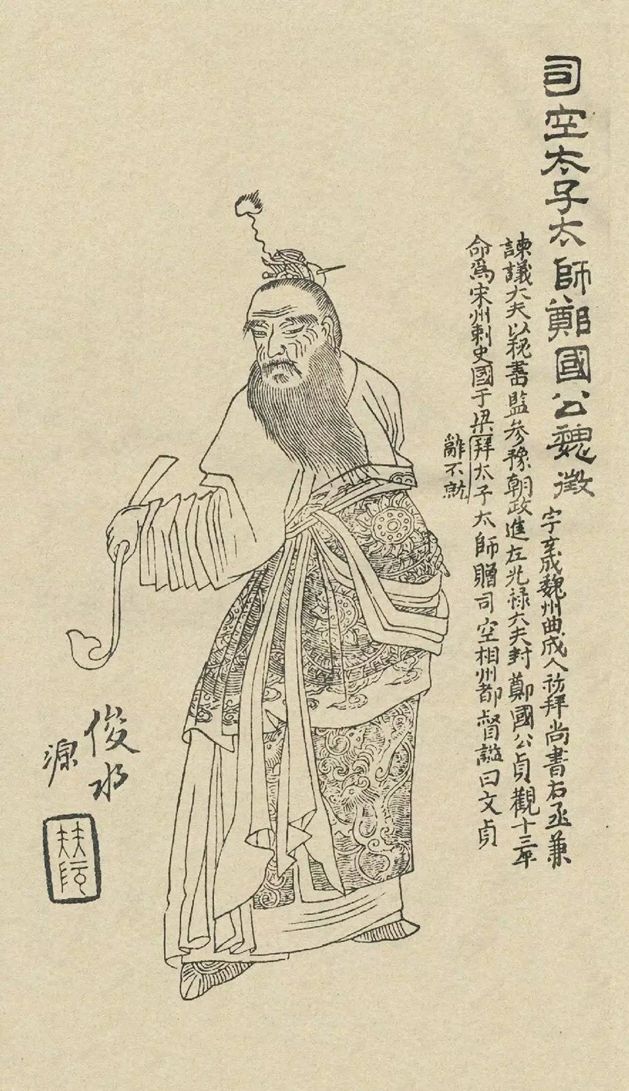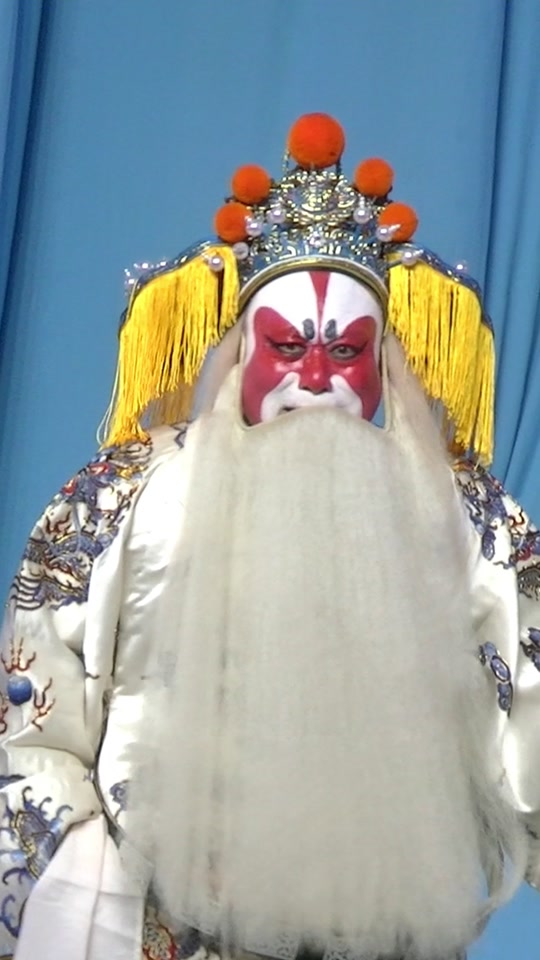He Zhizhang was a famous poet in the early Tang Dynasty, with representative works such as “Ode to Willow Trees” and “Two Poems on Returning Home”. We must have learned He Zhizhang’s poems when we were in school. Later generations also highly praised He Zhizhang, believing that he played an important guiding role in the development of Tang poetry, which is why there was such a prosperous Tang poetry. This evaluation is still very high. However, what is even more surprising is that in the Tang Dynasty, when the average life expectancy was less than 30 years, He Zhizhang actually lived to be 86 years old. Why did he live so long? In fact, this is closely related to He Zhizhang’s attitude towards life.

He Zhizhang, whose courtesy name is Jizhen, was born in Yongxing, Yuezhou (now Xiaoshan, Hangzhou, Zhejiang). The main purpose of this article is to explore his secret as the longest lived famous poet of the Tang Dynasty?
(1) Filial piety, diligent study, and successful career path
The ancient genealogy of the distant ancestor of the He Zhizhang family has long been lost, and relevant records can only be found through other historical books and ancient genealogies. Generally, it is recorded that his third ancestor was named He Deren, who served as the Prince of Tang washing horses (equivalent to the Secretary General), and his father He Dian (also known as “Dian”) was the Governor of Pengzhou.
Legend has it that in the rural areas of Xiaoshan a thousand years ago, “basket” was a commonly used agricultural tool for holding lotus roots and carrying rice ears, and could also be used to carry people. He Zhizhang was a well-known filial son. His mother was suffering from malaria and couldn’t walk, so he used a basket to carry his mother’s scriptures and traveled through the countryside. His neighbors called He Zhizhang the “He Dan Monk” and his mother the “Luo Po”. He once used cursive script to specifically copy the “Classic of Filial Piety”.
He Zhizhang is intelligent and quick witted, diligent and eager to learn. Since his youth, he has been familiar with the classics and is well-known for his poetry and prose. Due to the need to serve her mother and not be far away, she did not participate in the imperial examination until the first year of Wu Zetian’s Zhengsheng reign (695 AD), and won the top spot in the imperial examination, becoming the first recorded champion in Zhejiang province. Confer four doctoral degrees to Guozi (supervisor of Guozijian). During the Kaiyuan period, when the famous minister Zhang Shuo was appointed as the editor in chief of the Lizheng Hall, he requested approval from the court to allow He Zhizhang to enter the academy and jointly write the “Six Classics” and “Wenzhuan”. Recommended by Lu Xiang, who was in charge of the Central Secretariat, he was transferred to the position of Taichang Shaoqing. Afterwards, he held various positions such as Minister of Rites, Bachelor of Jixian Academy, and Minister of Works.
(2) Outgoing personality and extensive social circle
He Zhizhang has a very generous personality and has made many friends. He is deeply in love with Zhang Ruoxu, Zhang Xu, and Bao Rong, and is known as one of the “Four Scholars of Wuzhong”. He is known as one of the “Eight Immortals of Drinking” along with his poetry and wine friends such as Li Bai and Li Shizhi; He is also known as one of the “Ten Friends of Xianzong” along with Chen Ziang, Wang Shi, Wang Wei, Sima Chengzhen, Bi Gou, Li Bai, Lu Cangyong, Song Zhiwen, Meng Haoran, and others.
Those who closely associate with He Zhizhang are all talented individuals, each with their own unique skills and outstanding personalities. When friends gather together, they drink alcohol, compose poetry, sing and laugh, and keep clapping their hands and patting their foreheads. How happy!
Du Fu’s “Drinking the Eight Immortals Song” is a unique and distinctive “portrait poem”, and it is also a true portrayal of He Zhizhang’s generous personality and extensive social circle. The excerpt is as follows:
Zhizhang rides a horse like a boat, his eyes falling into the well and he sleeps.
Li Bai wrote a hundred poems about drinking wine. He slept in a tavern in Chang’an, but the emperor refused to board the ship and claimed that he was a fairy in wine.
Zhang Xu drank three cups of Grass Holy Legend, took off his hat and exposed his crown in front of the prince, waving his hair and paper like clouds and smoke.
Jiao Sui’s five strategies were outstanding, and his eloquence amazed the audience.
When the younger brother Du Fu understood the rules very well, the ranking of the eight drinking buddies in the poem was very meticulous, and He Zhizhang, who was the oldest and most qualified, naturally ranked first. Zhizhang rides a horse like a boat, his eyes falling into the well and he sleeps. “This describes He Zhizhang, who was drunk, swaying on horseback like a small boat in the wind and waves. Suddenly shaking a few times and falling into the well. well! This old man is sleeping soundly at the bottom of the well! Except for He Zhizhang, the drunkenness of the seven wine immortals also had their own characteristics. According to the order of the poems excerpted by the author, Li Bai slept on the table and did not obey the emperor’s orders, Zhang Xu took off his hat and waved his hair in public, and Jiao Sui spoke loudly to scare away the guests …..
杜甫博闻强记、博学多才,把看到的、听到的和学到的全运用进去了。李白曾说贺知章喝醉酒后,醉眼朦胧,眼花缭乱,骑在马背摇来晃去,如果跌进井里会熟睡不醒。此外,杜甫活用明王嗣奭《杜臆》卷一中“阮咸尝醉,骑马倾欹”的典故,用夸张手法描摹贺知章酒后骑马的醉态,弥漫着一种谐谑滑稽与欢快的情调,惟妙惟肖地表现出他性格豪爽的特点。
(三)不拘俗礼,旷达纵诞
一天贺知章出门游玩,路过一位袁姓人家的别墅。他不认识这袁氏,按一般人的习惯不会贸然与陌生人去混“自来熟”的,贺知章却不是这样,居然连招呼也不打一个自个闯进去游玩,还叫随从告之主人,来客带了钱的,不用担心是“白吃白不吃”。只是游玩了还觉得不过瘾,专门写了一首《题袁氏别业》诗留存:
主人不相识,偶坐为林泉。
莫谩愁沽酒,囊中自有钱。
742年,李白为谋取功名,来到长安游历,打探到贺知章最喜提携后进,不久在杏花村酒家遇到了他。84岁的贺知章读罢李白的两首诗《乌栖曲》和《蜀道难》,惊呼“奇才啊!是谪仙下界来啦!凡人哪能写出这样的诗?”拉着李白落座,边吃喝边谈文论诗。
谁知酒足饭饱后结账,贺知章才发现身上没带钱,就随手把腰间的金龟袋解下来丢给店老板抵账。李白阻挡道:“这不行啊!”要知道在唐代只有亲王和三品以上官员(也就是宰相级别)才有资格佩戴。即使有钱买也没资格用。贺知章哈哈大笑:“这算什么啊?”接着念起起了李白的诗句“人生得意须尽欢,莫使金樽空对月”。
贺知章除了作诗厉害,书法也精妙无比。他常常在酩酊大醉后挥笔写字。因此了解其脾性且喜欢书法的人,见他喝酒时就拿着事先准备好的文房四宝在旁等候。一般来说皆有求必应。那怕老贺只写几个字,喜书法之人也像得到珍宝一般小心收藏。
(四)率真天性,终生不变
在皇帝手下当差真格是伴君如伴虎哦,能求得一生平安的有几人?贺知章可算官员中的罕见另类,一生仕途通达,没受过一丝谪贬之烦苦。
是什么原因呢?贺知章为官半个世纪,勤勤恳恳办事,真真诚诚对人,一生始终保持着自己率真朴实的天性,越老活得越潇洒自在。不仅广大文艺界朋友和满朝官员们喜欢他,时任皇帝唐玄宗也喜欢他。当他告老还乡的时候,唐玄宗不仅亲自题诗、诏令太子率百官相送,还特意安排他的儿子贺曾任会稽郡司马,以方便在其在身边侍奉。
宦游五十年的贺知章告老还乡,桑梓发生了很大变化,他向一个孩子问路,孩子居然问他:”客人你从那里来的呀?”贺知章无限感慨,真是人生易老,世事沧桑,于是执笔写下了两首《回乡偶书》。千百年来来,这首诗不知打动了多少“少小离家老大回”的游子。
安顿好后,他拄着拐杖漫步郊野,欣赏着明媚的春光,他心情愉悦地写下清新欢快的《咏柳》诗:
碧玉妆成一树高,万条垂下绿丝绦。
不知细叶谁裁出,二月春风似剪刀。
The poem vividly depicts the characteristics of weeping willows, praises the beauty of spring, and expresses the joyful feeling of a young boy welcoming early spring when he returns to his hometown.
In 744 AD, He Zhizhang passed away due to illness at the age of 86.
It cannot be denied that He Zhizhang’s longevity and successful career were due to the important condition of being in a peaceful and prosperous era. But subjectively speaking, it is that he always maintained his honest and simple nature throughout his life, even in his twilight years.
Zhao Xinfang, pen name Zhao Shi, is a member of the Writers Association of Nan’an District, Chongqing.



